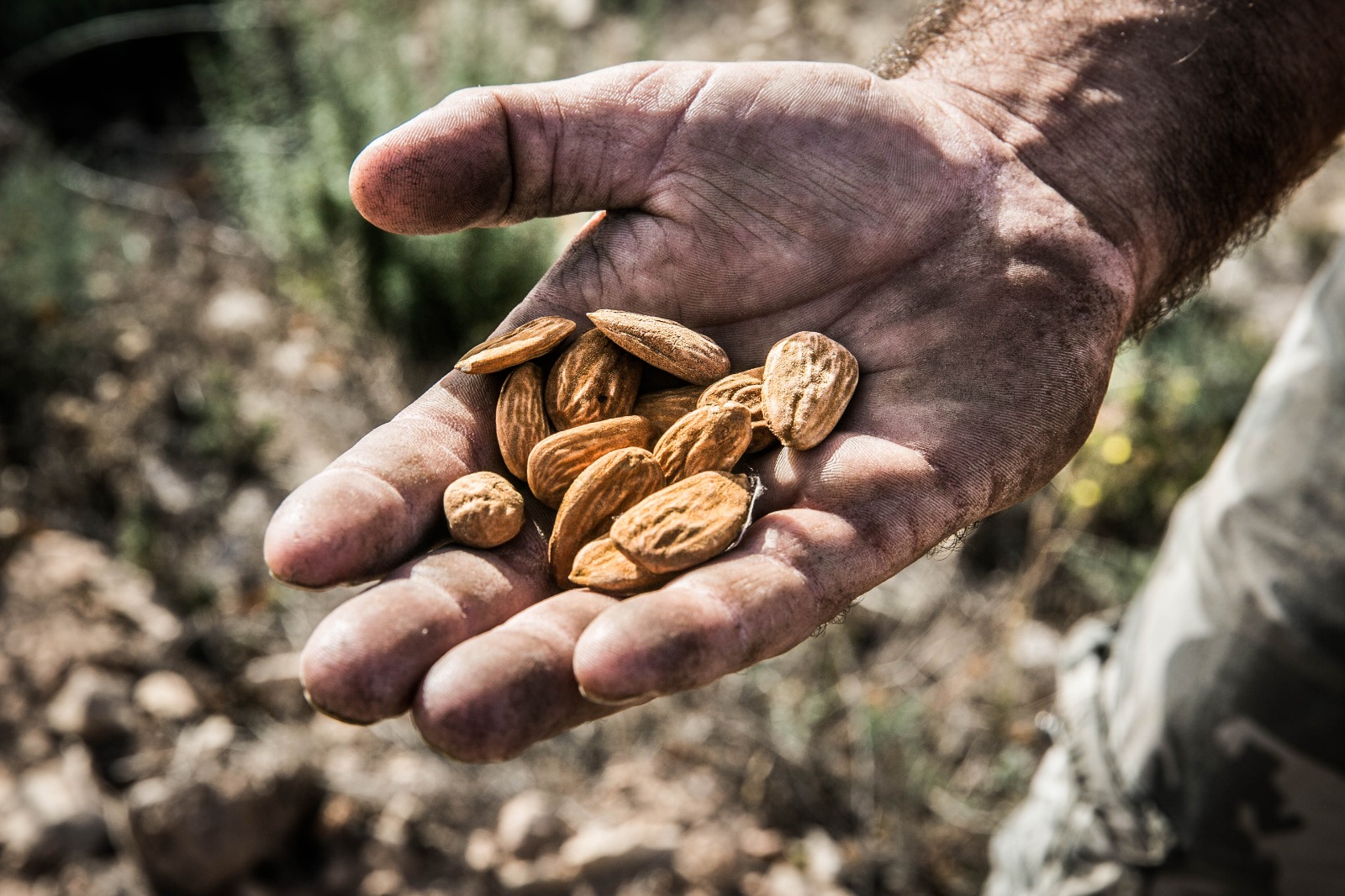It is a trend that is here to stay, but how do you get the best from a dairy free cup?

Do you ever wonder why some plant-based drinks foam well and others do not? Or why some taste good with your coffee and others just don’t?
The answers are found by understanding the ingredients list of these milk substitutes and how they react with heat, air, and the coffee you are adding them to. There are many plant-based options available, so finding the best type for you requires a little testing to settle on one that tastes good and delivers the required froth.
Why is coffee such a challenge for plant-based drinks? There are 3 reasons:
1. The acidity of coffee
2. The effect of heat on proteins
3. The flavour characteristics of coffee combined with plant-based ingredients
Coffee is naturally acidic. We often associate lighter roasted coffees with being more acidic, but in fact, the acidity of coffee is high irrespective of the roast degree. The pH range of coffee is 4.85 to 5.13 (Rao et al, 2018).
The acidity of coffee has the effect of decreasing the pH of other ingredients when they are added, until they reach an equilibrium. For plant-based drinks, this higher acidity can result in a splitting of the homogenised and stable ingredients in the plant-based drink – and the proteins can denature as a result.
To mitigate this separation, buffers are added to the plant-based drinks that increase the pH, making them more alkaline. This addition results in a higher pH at equilibrium, when added to the coffee, and this stops the separation effect. Carbonates, phosphates, and citrates are the ‘ates’ group of chemical compounds that increase the pH, so look for these on the ingredients label to judge whether the plant-based drink you are considering will work with your coffee.
Heat denatures proteins. We see this in dairy milk, and it is one of the physical properties that allows it – and plant-based drinks – to form stable foams. One end of the protein likes water (hydrophilic) the other end does not (hydrophobic) so when air is injected into the liquid, the hydrophobic tail attaches to the air bubble leaving the hydrophilic end exposed to the water in the liquid. Any good plant-based drink for your coffee should contain protein. This is why oat, soy, pea, and almond are all common ingredients in plant-based drinks.
Plant-based drinks are often developed to have similar physical and chemical properties to dairy milk. These include the pH, the texture and in some cases the flavour is mild as well. The flavour profile of your coffee can be improved with the right plant-based drink, in the same way that many people prefer dairy milks with their coffee. The degree of roast of your coffee, the species, the origin characteristics, processing, and brew method all impact the flavour profile and strength of your coffee. When adding any plant-based drink you can create something unique, more of a signature drink for your café or for enjoying at home. If, for example, oat is your preferred plant-based drink, you will find a few different varieties, even within one brand.
These are differentiated by creaminess, by acidity and by the intensity of the oat flavour versus other ingredients. So, taste a few options with the coffee in the style you generally enjoy or as your customers in the café generally order it. It is only really with trial and error that you will find the best version for you and your coffee.
Plant-based drinks and coffee are an opportunity to broaden your café menu, appeal to more people or just have a new way to enjoy your coffee. The trend is here to stay. They have benefits in terms of nutrition and for the environment.
We offer a course (of course!) called ‘Plant-based drinks and coffee’, where you can explore the nutritional, environmental, flavour and physico-chemical properties of plant-based drinks. There is also a chance to develop and present your own plant-based coffee signature drink.
This way for more information.
Rao, N.Z., Fuller, M. Acidity and Antioxidant Activity of Cold Brew Coffee. Sci Rep 8, 16030 (2018). https://doi.org/10.1038/s41598-018-34392-w

Become part of a global community of coffee professionals. Access courses and be the first to hear about news, research and events from across the coffee world.
Join now
© 2024 Coffee Knowledge Hub
Simonelli Group SpA
Via Emilio Betti, 1, 62020
Belforte del Chienti MC
P.IVA 01951160439
VAT n. 01951160439
info@coffeeknowledgehub.com

This website utilises cookies to enable necessary site functionality such as logging you in to your account. By remaining on this website you indicate your consent as outlined in our Cookie Policy.